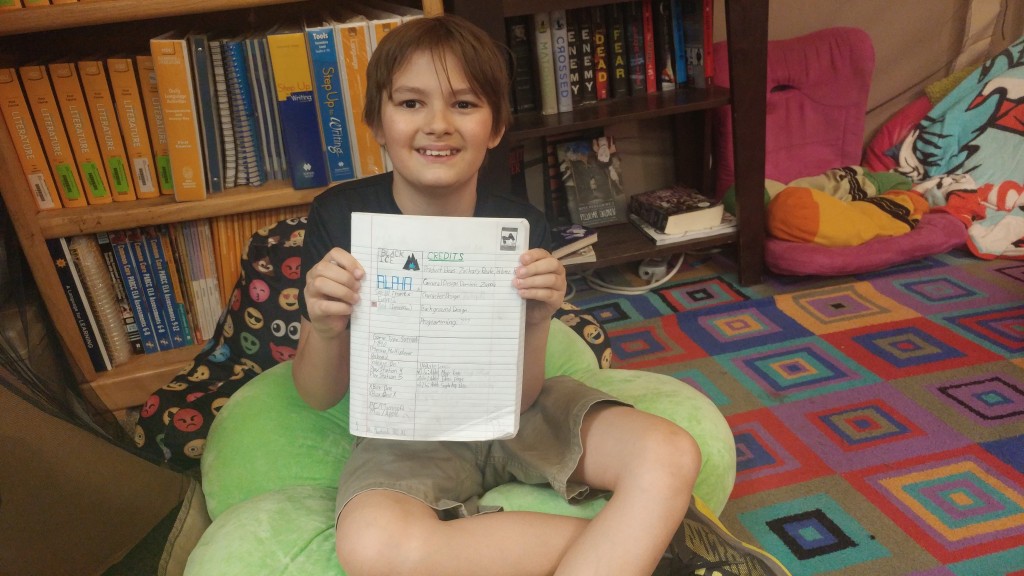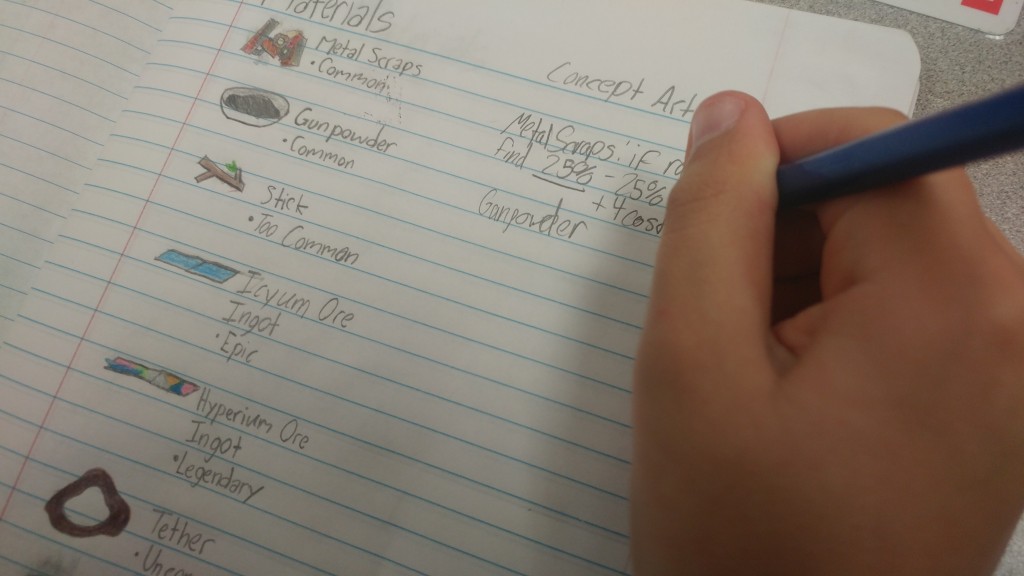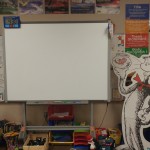In my most recent blog, I showcased one of my scholars, Zach, who has a knack and passion for coding. I also read an article featured in AZ K 12 Center Homeroom, Should We be Teaching Kids to Code? All of this got me thinking about if our schools should be taking a much more active role in introducing this new phenomenon in our schools.
In the Homeroom article, the author writes, “Coding pairs limitless imagination with tools of infinite potential. Learning to write programs stretches the mind, allows kids to express themselves, and puts ideas into motion…Learning to code shows students how to see the whole picture and then tackle a problem from different angles. There’s more than one way to get to the desired goal, and programming allows kids to test a solution immediately…Coding serves up a hefty dose of intrinsic motivation that stems from creating, manipulating, and mastering.”
When Zach shares with me his latest game he has coded, I see all of these attributes just come alive in him. I see the spark in his eyes and his wiliness to share his creation. He is so proud of his work and he is able to articulate every step of the coding process. It’s quite impressive! Zach struggles with certain learning disabilities, but when he interacts with coding, it’s like observing a different side of Zach that I only get to see when he is conversing and engaging in coding.
Throughout my many years of teaching, unfortunately, I have seen much of the present curriculum take a nose dive with tedious, rote memorization. With the pressures of high stakes exams, I have also witnessed the decline in creativity in the classroom. With the research being done on coding, one has to think that maybe teaching kids to code should go hand in hand with reading, writing, and arithmetic. No one can argue that we are living in a digital age, especially with the advent of the iPhone in 2007. This generation of young people grew up with smartphones; nearly all will have an Instagram account before they start high school, and this group of scholars definitely does not remember a time before the internet. We are truly living in a totally different world – a world that has been turned inside out on its head because of the onslaught of new technology. Society is rapidly changing. The Bureau of Labor Statistics predicts that as early as 2020, we are going to be 1,000,000,000 short of coders. The Bureau also reports that computer science is among the highest paid career of college graduates. Armed with this knowledge, it becomes imperative that schools take a closer look at students and their interest in learning to code.
The question then becomes should schools and educators take an active role in promoting these kinds of classes?
I truly believe coding is like our modern day sandbox. It’s like a playground that offers many opportunities for learning and personal growth, for exploration and creativity, for mastery of new skills, and for unique ways of thinking. As a language arts teacher, I can move the conversation about coding beyond the traditional view as a technical skill. Coding is also literacy. When I have these conversations with Zach, it invites in new ways of thinking. Zach becomes a producer with an intention and passion and desire to communicate something he truly values. Coding, like writing, then becomes a medium of human expression. Through this expressive process, Zach is learning to think, feel and communicate in unconventional ways. I love how the Edutopia article (Code Literacy: A 21st-Century Requirement) puts it, “Code literacy is a requirement for participation in a digital world. When we acquired language, we didn’t just learn how to listen, but also how to speak. When we acquired text, we didn’t just learn how to read, but also how to write.”
Many have argued that the onslaught of social media and this new digital world we are living in has destroyed this generation; there is no doubt that this new technology age has negatively (at times) and radically changed every aspect of teenagers’ lives, from the nature of their social interactions to their mental health. However, I don’t think we need to “throw the baby out with the bath water.” Just like with everything we do as educators, we need to carefully explore the developmental stages of learning to code and the learning trajectories associated with this type of skill. We need to approach it with sensitivity and accountability and teach students responsibility. Coding can actually help our young people who have become so isolated and socially inept because of social media. Through coding, students can learn teamwork and how to manage frustration and find a solution, rather than giving up when things get challenging. I have seen firsthand how Zach develops strategies for debugging his coding projects.
I asked Zach what he likes most about coding and this was his reply……
“I like the thrill of people liking my game. I also like playing the finish product and what builds up to all of it, but I really have fun with my group of friends who are also helping me with my game. Tobias helps with the product ideas and Dominic helps with the general design. We are trying to get a club going.”
As we contemplate the significance of coding in the classroom, one thing is undeniable–as teachers, we all love it when our scholars find their own voices and their own stories to tell, and not only as problem solvers. I believe we should definitely foster, encourage and support this way of learning and thinking.
What are your thoughts on coding in the classroom?












Comments 2
Bingo. Teaching some coding covers so many topics – problem-solving, creativity, career development, aptitude discovery, and so forth. When I’ve done it, there are always some kids who you can tell just take to it. Let’s hear it for coding.
Right now there are researchers looking at ways to fully blend algebra and physics into coding. IE – codification of physics and math… I tool a class in NYC last summer on it and I think it has a way to go, but the theory is sound. I am introducing some less tough coding into my physics class this year and the kids love it so far..